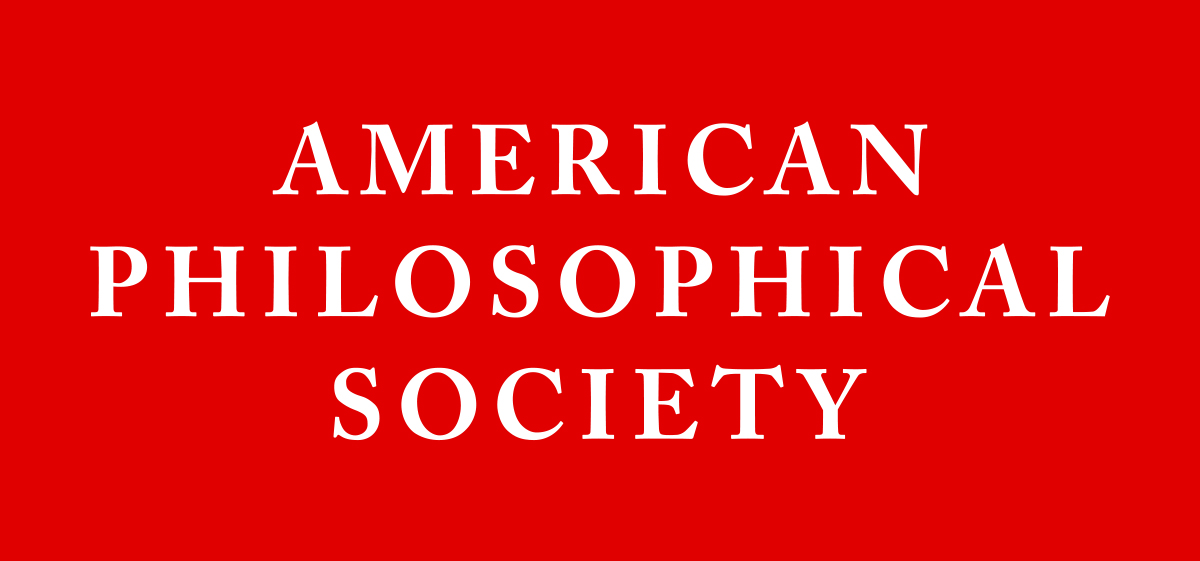John Bartram (5)
Election date: 1743Elected to the original American Philosophical Society in 1743. Elected to the American Society in 1768.

John Bartram (23 May 1699–22 September 1777) was a botanist, horticulturist, explorer, and early ethnographer, and a founding member of the American Philosophical Society, both in its original and revived forms. Born into a Quaker family in Marple, Pennsylvania, Bartram had little formal education, yet he attained international renown for his contributions to the study of American plants. Bartram’s career received encouragement from James Logan, who provided early training, from Benjamin Franklin, who secured him free access to the collections of the Library Company, and from his long-term correspondent Peter Collinson, a London-based Royal Society fellow who provided introductions to the era’s most prominent scientists. Through Collinson, Bartram became a paid collector of plant specimens and seeds—as well as fossils, reptiles, insects, birds, mammals, and indigenous artifacts—for English naturalists. This financial support allowed him to conduct more extensive collecting trips that took him from New York, Ohio, and Canada to Florida, Georgia, and the Carolinas. Collinson also facilitated the publication of a number of Bartram’s letters in the Royal Society’s Philosophical Transactions as well as his Observations on the Inhabitants, Climate, Soil, Rivers, Productions, Animals, and Other Matters (1751). In 1765, Bartram was named botanist to the king. He was famous for the eight-acre garden he built on his farmlands on the banks of Philadelphia’s Schuylkill River. Containing rare plants collected during his excursions, it is often cited as the first botanical garden in North America. His proposal to Franklin concerning an ambitious survey of the American West seems to have inspired Thomas Jefferson’s instructions to Lewis and Clark. His sons William, Isaac, and Moses Bartram were APS members. (PI, ANB, DNB, DAB)
Publication: London: Sold by W. Nicoll and G. Woodfall, [1766]
Subjects:Florida -- Description and travel.
Publication: Philadelphia: Printed by Bartram and Reynolds, no. 58, North Second-Street, 1807.
Subjects:Bartram, John, 1699-1777. | Botanical gardens -- Pennsylvania -- Philadelphia. | Plants -- Catalogs. | Bartram's Garden (Philadelphia, Pennsylvania).
Publication: London: Printed for J. Whiston and B. White, in Fleet-Street, 1751.
Subjects:Indians of North America. | Iroquois Indians. | New York (State) -- Description and travel. | Niagara Falls (New York and Ontario) -- Description and travel. | Pennsylvania -- Description and travel.
